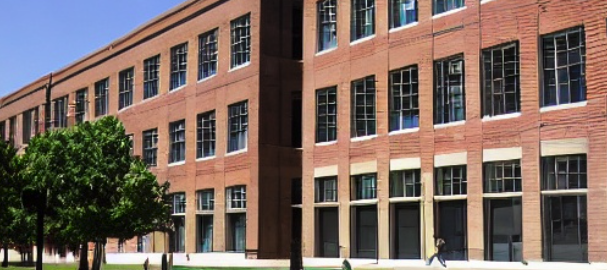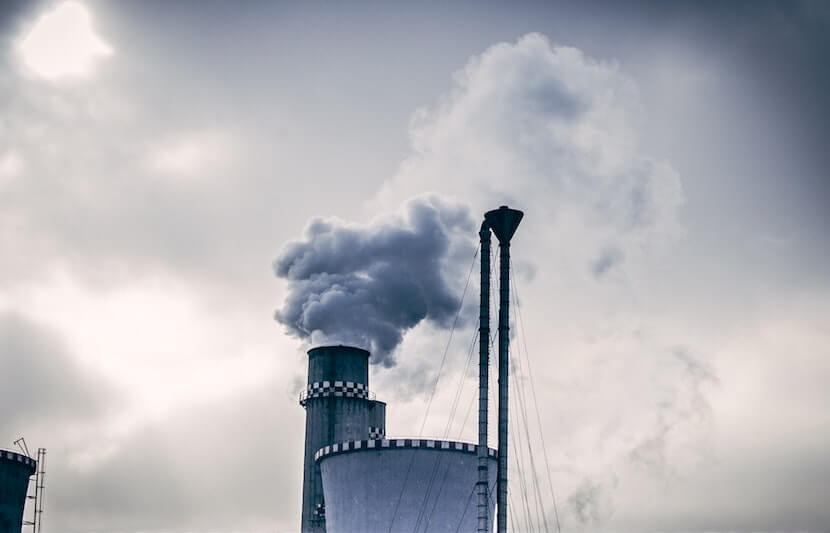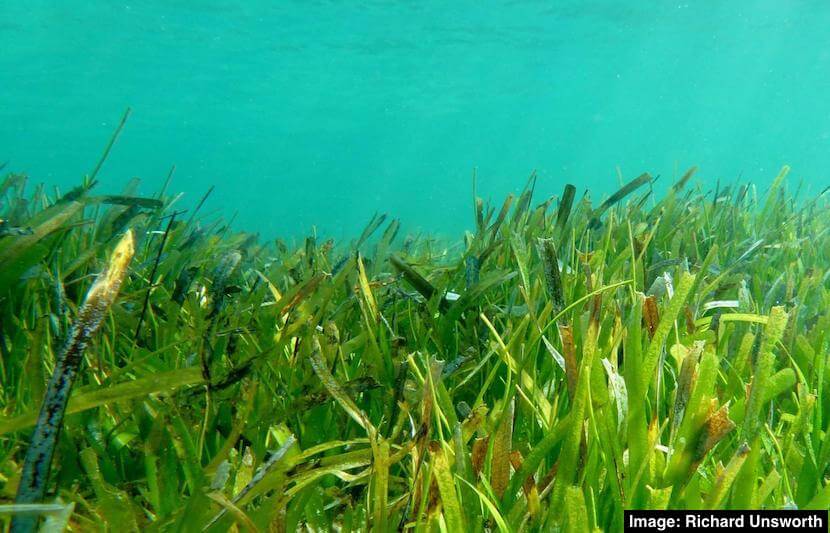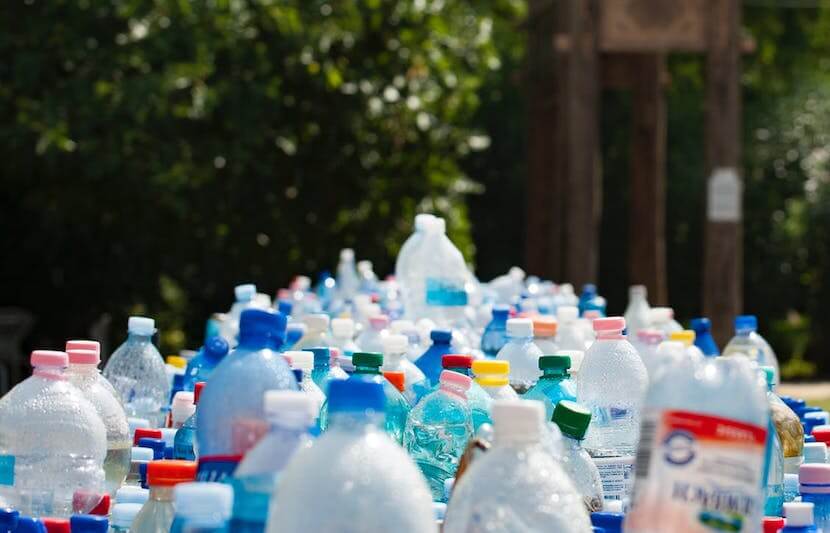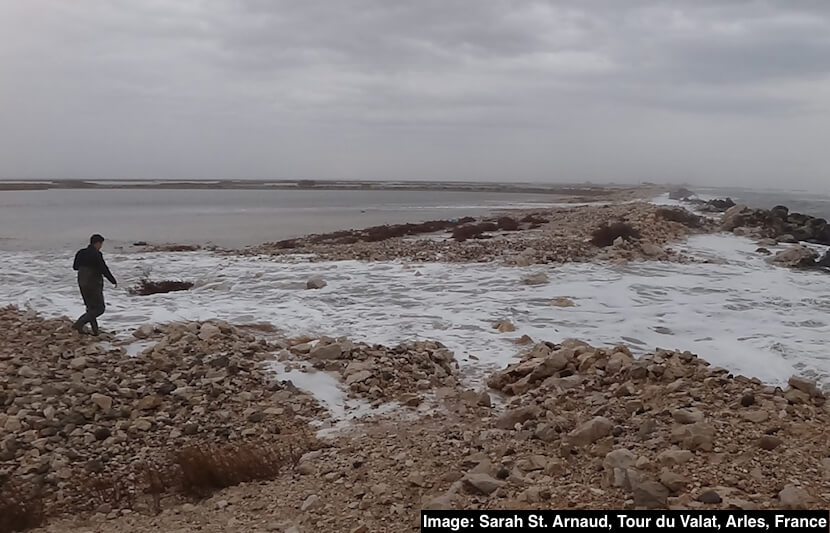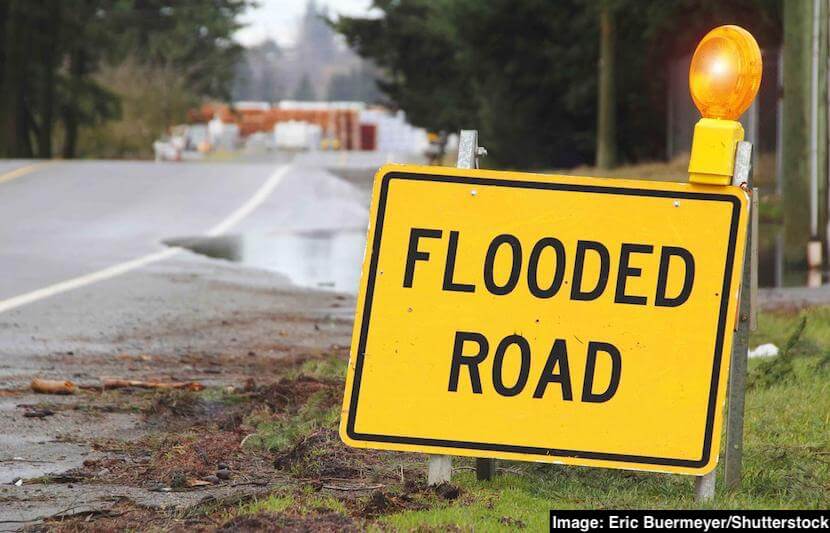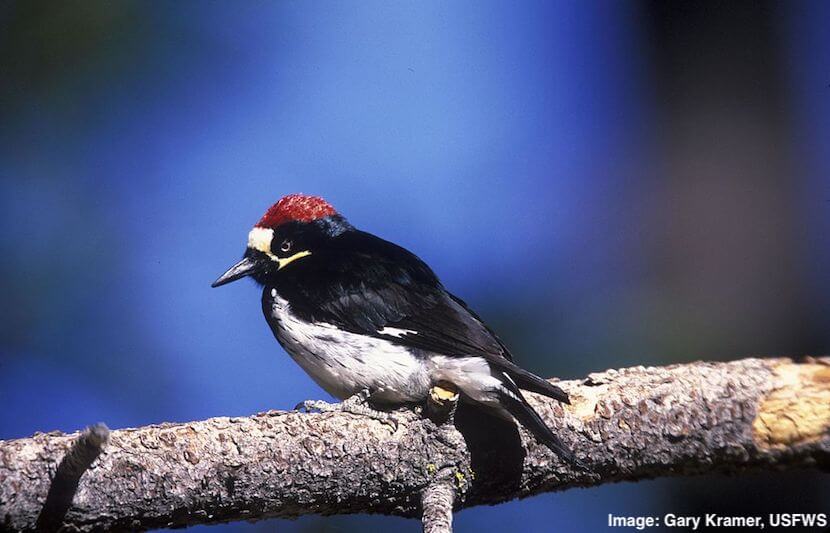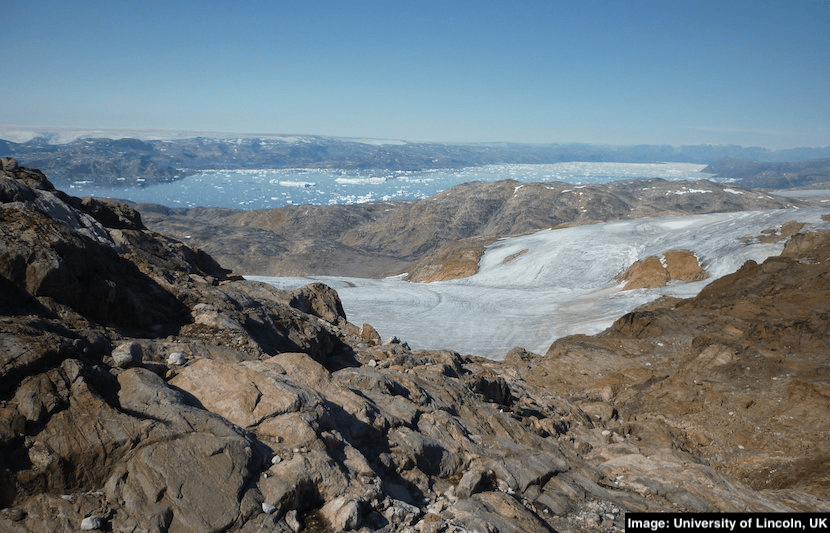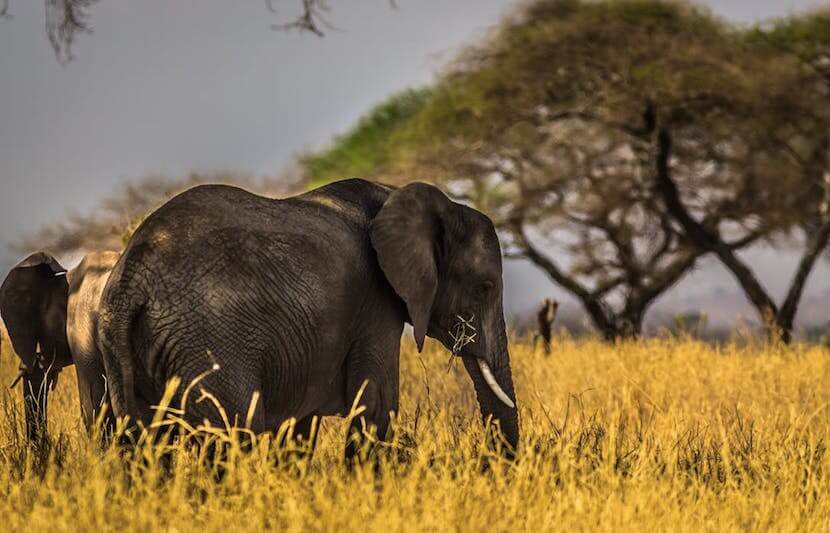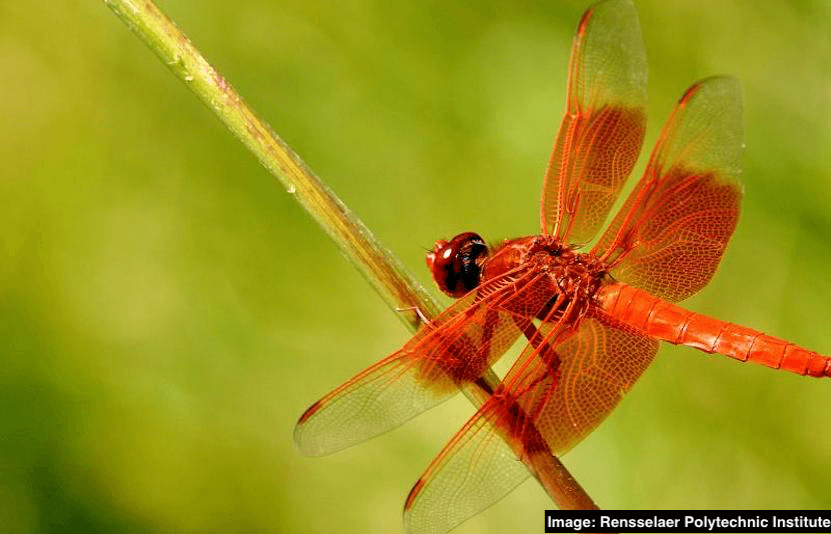-

Natural Solutions Could Cut One-Fifth of U.S. Greenhouse Gas Emissions
U.S. lands and wetlands could absorb a fifth of greenhouse gas emissions — equal to that from all U.S. vehicles, researchers find. This promising news comes at a pivotal time, as the worldwide transition to clean, renewable energy is taking more time than we have. “One of America’s greatest assets is its land,” Joe Fargione,… Read More
-
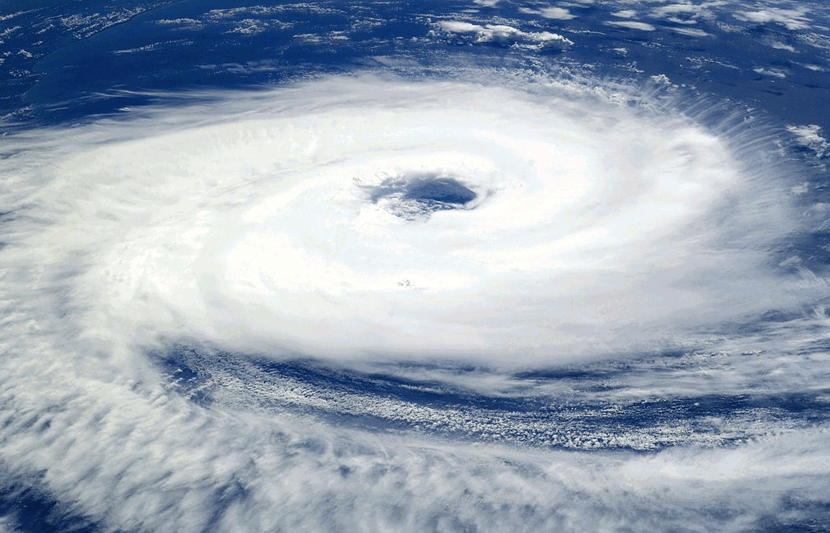
Climate Change Is Causing More Destructive, Wetter Hurricanes
Some of the most destructive, devastating hurricanes in recent years were intensified by climate change, researchers from the Department of Energy’s Lawrence Berkeley National Laboratory find. Their supercomputer simulations proved that climate change increased the amount of rainfall in hurricanes Katrina, Irma and Maria by 5-10 percent. And the future looks bleak. If humans don’t… Read More
-

Conservation Areas Help Bird Species Prepare for a Warming World
Conservation areas can help bird species adapt to climate change and stay closer to their native habitats, researchers in Finland find. The researchers looked at changes in the abundance of bird species both inside and outside conservation areas over the last 50 years. They found that as habitats grow increasingly threatened by the warming climate,… Read More
-
New Green Energy Solution Could Create 22,000 US Jobs
Replacing coal with a green technology that uses biomass and carbon capture and storage technologies could create 22,000 new jobs in the U.S. by 2050, according to a new study led by the International Institute for Applied Systems Analysis. These new jobs will be in forestry and transportation, they say. In addition, the researchers believe… Read More
-
Why Marine Conservation Efforts Must Include Seagrass
As coral reefs continue to decline, it is becoming increasingly important to turn conservation efforts towards seagrass meadows, researchers urge. Coral reefs have a long history of supporting many of the ocean’s organisms, and nearly 500 million people worldwide rely on coral reefs for food and income. But climate change, overfishing and alterations in land… Read More
-
New Method Transforms Plastic Bottle Waste Into Valuable Tools
Researchers from the National University of Singapore (NUS) have developed a method to convert plastic bottle waste into aerogels for many sustainable uses. This research comes at a pivotal time, as plastic pollution continues to pile up, litter oceans and destroy ecosystems. Currently, it is estimated that, by 2050, there will be more plastic than… Read More
-
New Study Could Spur Pivotal Mediterranean Climate Action
An international group of researchers has combined the risks of accelerated climate change in the Mediterranean Basin with the region’s additional environmental changes. The study is the first of its kind. It was led by Wolfgang Cramer from the Mediterranean Institute for Biodiversity and included researchers from the City University of Hong Kong (CUHK). The… Read More
-
Inspired Immigrant Uses Architecture Degree to Build Affordable Housing Back Home
The night is pitch-dark and silent. Five boys fit into two twin-sized beds, hardly able to move, but still a rare luxury in the neighborhood. Crawling over his cousins to get down from bed, a boy tiptoes to his mother’s room and spends the night on a mat, but with more space to himself. Growing… Read More
-
How Climate Change Could Intensify Flash Flooding Globally
Climate change and other human activities are amplifying the likelihood and intensity of flash floods, a new study by engineers at Columbia University suggests. The study, which uses long-term weather data from across the world to decipher climate trends, demonstrates that increasing atmospheric temperatures are causing higher storm runoff and precipitation extremes, in turn making… Read More
-
New Tool Can Help Save More Species From Extinction
Researchers from Arizona State University have developed a tool that can help conservationists properly allocate their funding to save the most species possible. While trying to save every species seems like a no-brainer, a lack of funding has made it extremely difficult. The number of species on the endangered list is piling higher than the… Read More
-
Ask the Expert: College Students Should Lead Energy Transition
Climate change is happening right now. Humans are endlessly pumping greenhouse gases into the atmosphere, causing global temperature rise. And without an effective, ethical switch to clean energy, climate change will only grow as a threat to the world as we know it. The past generations have failed us, so educating young people on the… Read More
-
Climate Predictions Could Be Wrong in UK and Europe
Current climate change predictions in the UK and parts of Europe may be inaccurate, a study conducted by researchers from the University of Lincoln, UK, and the University of Liège, Belgium, suggests. Existing computer model simulations have failed to properly include air pressure changes that have occured in the Greenland region throughout the past 30… Read More
-
Renewable Energy Crosses Party Lines, Unites Americans
Last month’s Ford-Kavanaugh hearing is yet another example of how partisan this country has become in recent years. Considering this political climate where Republicans and Democrats are sharply divided — seemingly on all key issues — is it possible for Americans to come together on any single issue? It doesn’t seem likely, but researchers from… Read More
-
Evolution Can’t Keep Up with Rapid Extinction
If conservation efforts are not vastly improved, mammal species will die off so quickly in the next 50 years that it will take nature 3-5 million years to recover, researchers from Aarhus University, Denmark, and the University of Gothenburg, Sweden, find. Five mass extinctions have occurred over the past 450 million years. But, they happened… Read More
-
Puerto Rico’s Insects Are Declining at an Alarming Rate
The number of arthropods in the tropical forests of northeastern Puerto Rico has dropped 60-fold since the mid-1970s, researchers from Rensselaer Polytechnic Institute and Universidad Nacional Autónoma de México find. Arthropods include invertebrate animals such as insects, millipedes, sowbugs and others. Their decline has directly coincided with an overall temperature rise of 2 degrees Celsius… Read More
